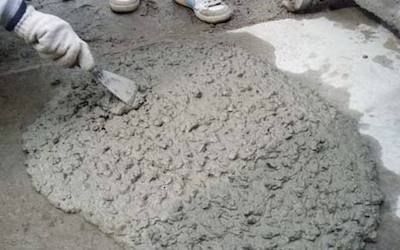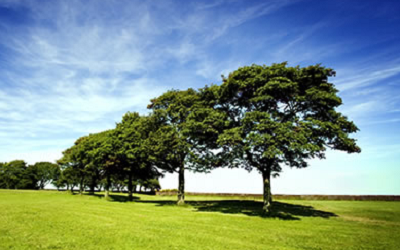PTE考生目前最大的问题之一就是练习题缺乏。除了有限的基本官方书(PLUS,Testbuilder, OG)之外就没有题了。很多英语基础不是很扎实的同学很难找到练习材料。悉尼文波雅思PTE培训学校专门为澳洲,尤其是悉尼、墨尔本的PTE考生准备了适合PTE听力阅读练习的科学60秒。各位PTE同学可以练习PTE听力中的summarise spoken text和PTE口语中的retell lecture,PTE听力口语-科学60秒-Frosty Moss练习记笔记技巧和复述。废话少说,下面开始:
听力内容:
60秒科学节目(SSS)是科学美国人网站的一套广播栏目,英文名称:Scientific American – 60 Second Science,节目内容以科学报道为主,节目仅一分钟的时间,主要对当今的科学技术新发展作以简明、通俗的介绍,对于科学的发展如何影响人们的生活环境、健康状况及科学技术,提供了大量简明易懂的阐释。
This is Scientific American — 60-Second Science. I’m Christopher Intagliata.
Concrete is one of the most widely used materials on the planet. “And this consumption comes with a heavy ecological price.” Rouzbeh Shahsavari, a materials scientist at Rice University. “Around 5 to 10 percent of total CO2 emissions comes from concrete production.”
One way to reduce those emissions, he says, would be to increase the strength and toughness of concrete. So you need less of it in construction. But to make something stronger, you need to understand its weaknesses.
So Shahsavari and his team studied the defects in a rock called tobermorite. (TO-ber-MOR-ite) The rock is an analog for wet cement, the main ingredient in concrete. And they found that certain defects in the rock actually made the rock tougher, if they were aligned in a specific configuration. Sounds counterintuitive: Defects a good thing?
“Defects are typically considered a bad feature of material. But when it comes to complex systems, like cement or concrete, it’s not the case. It may actually be an opportunity to introduce toughness, or get something better out of it.” The study is in the journal ACS Applied Materials and Interfaces.
Next step, Shahsavari says, would be to optimize concrete recipes—to use these defects in their favor. Play with manufacturing temperatures, or alter the ratios of impurities in the mix. “Since we’re using it pretty much in every building, every bridge, every highway in all parts of the world, even a slight impact in the performance could have a huge consequence in terms of energy consumption, CO2 footprint, and all those things.” And take a little concrete out of the concrete jungle.
Thanks for listening for Scientific American — 60-Second Science Science. I’m Christopher Intagliata.
墨尔本悉尼文波PTE原创首发
更多精彩请持续关注微信wenbo_tv3。





